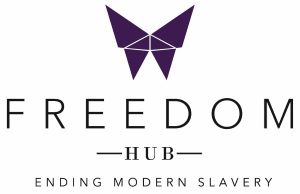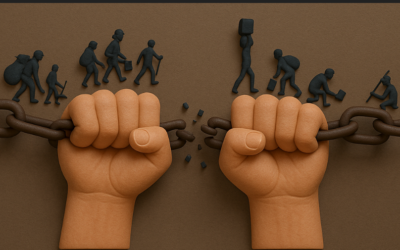Signs of Forced Marriage in the Workplace
Forced marriage is the most commonly reported form of modern slavery in Australia. While it’s often associated with supply chains, it can also occur here — in our workplaces. Both employers and workers play a key role in recognising the signs and supporting those at risk.
The Australian Government defines forced marriage as when a person gets married without full and free consent, due to coercion, threats, deception, or because they cannot understand the nature and effect of the marriage (such as due to age or mental ability).
Here are some questions that employers and employees should ask themselves to identify signs of forced marriage in their workplaces:
-
Is their family more involved in their work life than seems usual?
-
Do they appear free to attend meetings or work events on their own?
-
Have they mentioned pressure from family about money, visas, or having children?
-
Do they express a lack of independence at home or in social settings?
-
Is work the only place where they seem to feel safe or free?
-
Can they access their own pay?
-
Have they come back from leave looking withdrawn or distressed?
Victims of forced marriage come from all walks of life. In 89% of reported cases, the marriage was arranged by or between family members, which can make it harder for victims to speak up. Fear of legal consequences for loved ones often stops them from reaching out for help.
Forced marriage frequently overlaps with other forms of abuse. Over half of victims report emotional abuse, while nearly one in five experience physical or sexual violence. These situations often involve coercive control, now a criminal offence in New South Wales and soon to be in Queensland.
Warning signs to look out for:
-
Financial or social control
-
Limited access to essential items
-
Shifts in behaviour after time off
-
Signs of fear or pressure related to family
Employers should ensure all staff know how to access and understand their wages. Promoting awareness and taking small actions can help protect people at risk.
If you notice something that doesn’t feel right, don’t ignore it — even small observations could be part of a larger issue.
Speak with a manager, HR, your internal Whistleblower/Speakup system or contact the following services:
-
My Blue Sky – SMS 0481 070 844 | Call 02 9514 8115 | Email [email protected]
For some people, the workplace is their only space free from coercion. That’s why being alert and informed can make all the difference.
Need support? Visit our website or call us on 1800 FREEHUB.
written by: Amelia Raden




